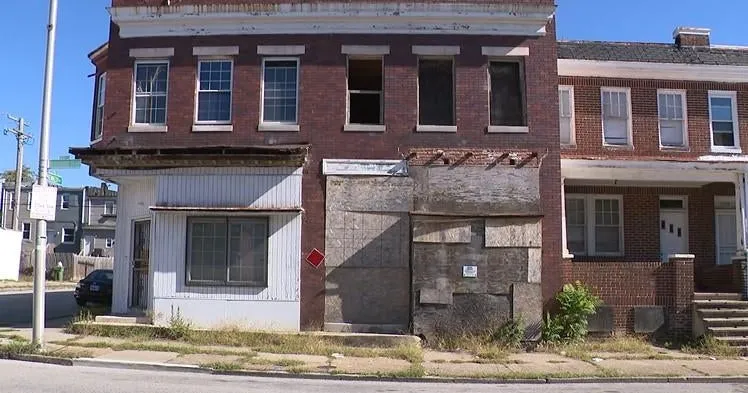Christian Olaniran is a digital producer for CBS Baltimore, where he writes stories on diverse topics including politics, arts and culture. With a passion for storytelling and content creation, he produces engaging visual content for social media and other platforms.
The Maryland State Department of Assessments and Taxation on Wednesday launched an initiative aimed at improving the accuracy of vacant land assessments in Baltimore City, in response to community feedback about the valuation of vacant homes.
"Baltimore is a city where property values can shift significantly block by block," SDAT Executive Director Bob Yeager said. "That's why we use neighborhood-based market groupings, which capture a more accurate reflection of local conditions and avoid one-size-fits-all solutions. We're prioritizing a full review of vacant land in each reassessment cycle."
The department will methodically identify all properties that have not been developed in the Group 2 reassessment area of Baltimore City.
Group 2 refers to a set of residential and commercial properties that are appraised on a three-year cycle by SDAT.
The 2023 reassessment covered 779,573 Group 2 properties, based on sales data from the previous three years. A map of the Group 2 area is available on SDAT's website.
Integrity checks of sales and property records will be performed to improve data accuracy as part of the initiative, the department said.
The state also plans to analyze land sales to ensure neighborhoods are valued correctly.
Addressing Baltimore's vacant housing crisis has long been a goal for Maryland leaders.
As of August, there are nearly 13,000 vacant homes across Baltimore, according to data from the Baltimore City Department of Housing and Urban Development.
In July, Gov. Wes Moore announced $50 million in grand awards to assist Baltimore's efforts to reduce vacant properties.
The Baltimore Vacants Reinvestment Initiative provides resources to revitalize communities with high concentrations of vacant homes.
Meanwhile, the Baltimore City Council passed legislation to triple taxes on vacant homes starting in 2026, escalating to quadruple rates if owners do not address neglected properties.
In March, Baltimore Mayor Brandon Scott established the Bmore F.A.S.T. (Facilitating Approvals and Streamlining Timelines) initiative to speed up redevelopment and permitting processes, with added staff and technological upgrades to remove bottlenecks in bringing properties back into productive use.
